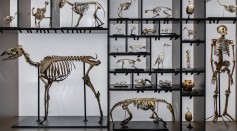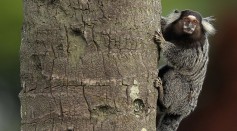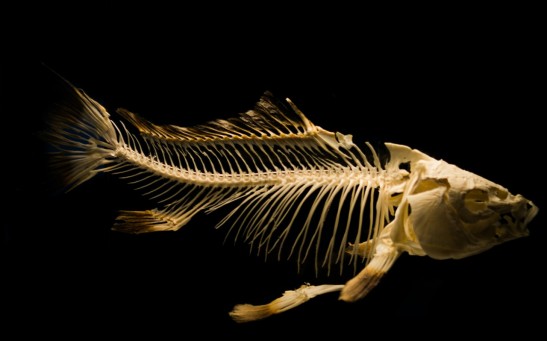evolutionary biology

Darwinian Evolution Possibly Taking Place 4 Times Faster Than We Know
Flying Reptile From the Jurassic Found With Oldest Opposed Thumb

New Study on Skeletons Reveal How Humans Adapt to Pandemics

New Study Unveils Hereditary Clues to the Capuchin’s Long Life and Large Brains

New Study Suggests That Monkeys Self-Domesticated
American Pikas More Resilient Against Climate Change Than Previously Thought
200-Million-Year-Old Teeth Suggest First Mammals Lived Like Reptiles
A New Study Traces Development of Gill Covers in Fishes
Seeing With Its Skin—How An Octopus Can Live In the Deep
How the Opah Managed To Hide Its Warm Blood In Ocean Depths
From Single Cells to Us—The Tale Of Evolution As It's Told At Deep-Sea Vents
Evolutionary Biology Suggests “Mr. Right Now” is Better Than “Mr. Perfect”
Most Popular

World's Biggest Birds: Some of These Avians Could Be Bigger Than You

UFOs Piloted by Spiritual Entities? Fox News' Tucker Carlson Makes Bizarre Claim, Suggests That They Do Not Behave According to Laws of Science

Devastating, Rapidly Spreading Virus Threatens World's Chocolate Supply; What Is Cacao Swollen Shoot Virus Disease (CSSVD)?

Iron Scavengers: Researchers Reveal a Molecular Switch Which Allows Cyanobacterium To Be Main Contributor to Global Photosynthesis






